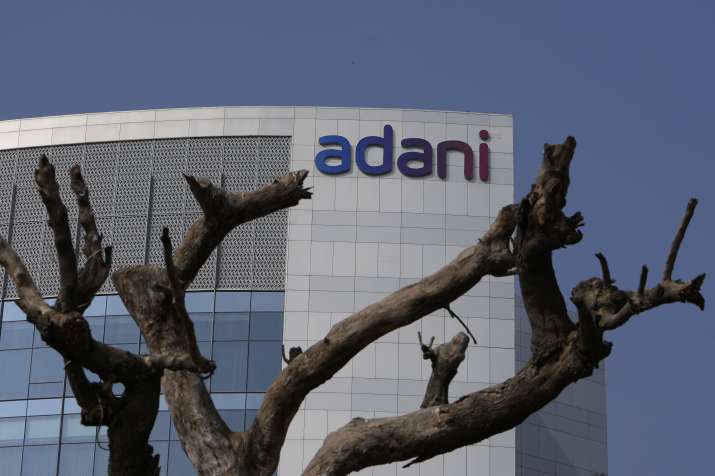[ad_1]
capital market regulator SEBI has told the Supreme Court that it is not in favor of banning short selling or sale of borrowed shares. The regulator said it is probing the movement in its share prices as well as allegations made against Adani Group by Hindenburg Research, a major short seller. The special thing is that in the 20-page document sent by SEBI to the apex court, the name of the Adani group has not been mentioned even once. Sebi on Monday explained in a written document to a bench headed by Chief Justice DY Chandrachud what is short selling and what is Hindenburg Research, hearing two public interest litigations (PILs) filed after Adani Group’s shares fell sharply.
SEBI has a strong framework to deal with volatility
According to the document, SEBI is probing Hindenburg’s allegations for violations of regulations, short selling, and market movements both immediately before and immediately after the release of the report. The regulator informed that it is examining market movements immediately before and after the release of the report as well as the allegations by US short seller Hindenburg Research against the Adani group to identify any violations of regulations. SEBI also told the court that it has a robust framework to ensure smooth trading and deal with volatility in the stock market. SEBI claimed that developed securities markets worldwide recognize short selling as a ‘legitimate investment activity’.
The allegations were denied by Adani Samaj
The allegations of Hindenburg Research were rejected by the Adani Group. However, after this Hindenburg report the market capitalization of the group’s companies collectively fell by more than $120 billion. SEBI said that the recent sharp fall in the shares of Adani Group did not have much effect on the stock market. SEBI said, the Indian market has seen worse volatility before, especially during the Corona pandemic, when the Nifty fell by about 26 per cent between March 2, 2020 and March 19, 2020 (13 trading days). In view of market volatility, SEBI had reviewed its existing market mechanism on March 20, 2020 and made some changes.
[ad_2]
Source link
